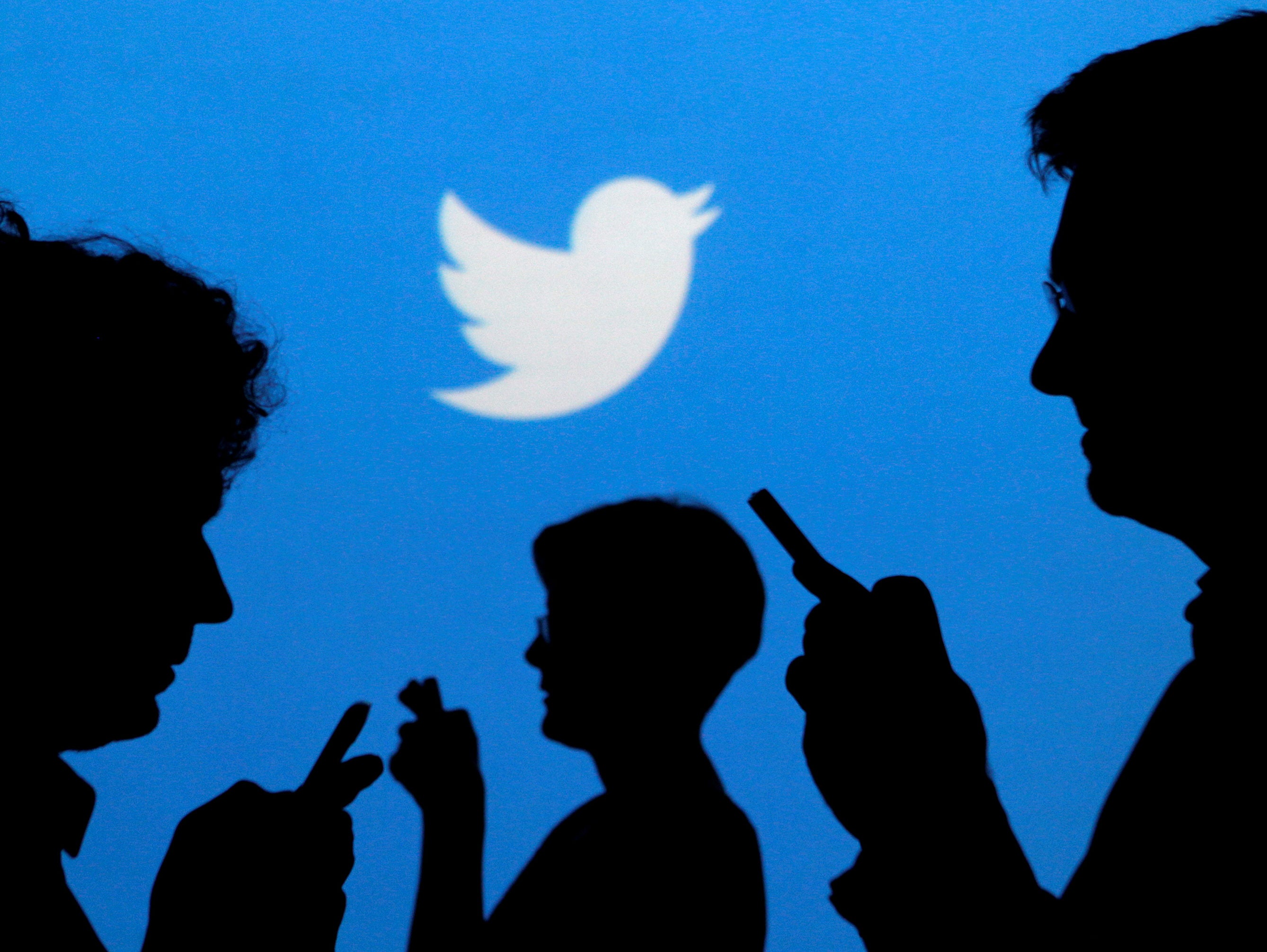
A landmark study of some 126,000 Twitter posts has found that false news on social media spreads “significantly” further and faster than the truth.
The study analysed every major contested news story in English that was published on Twitter between 2006 and 2017. It concluded that the truth takes six times longer than false news to reach people.
The top 1 per cent of false stories “routinely” reached between 1,000 and 100,000 people, whereas true stories “rarely” spread to more than 1,000 people.
False political news was the most popular, reaching twice as many people nearly three-times faster than all other types of false news. So, if for example true news reached 10,000 people, false news would reach 20,000 people three times quicker.
The investigation, published in the journal Science by Massachusetts Institute of Technology professor Sinan Aral, used linguistic analysis software and fact-checking websites to verify or debunk stories.
The study used the term “false news” rather than “fake news” because it said the latter had become too distorted as politicians apply it to news sources that do not support their positions, whether true or not.
It said it made no claims about the “intent of the purveyors of the information in our analyses,” but focused attention on “veracity and stories that have been verified as true or false.”
Using bot-identifying software, the study found that false news is actually spread more by humans – compared to the true news – than bots (a piece of software that can act autonomously on the social network). Bots, accelerated the spread of true and false news at the same rate.
The main reason suggested for the increased spread of false news was that it is more “novel” and so people are more likely to share this kind of information on social media.
According to the report: “Whereas false stories inspired fear, disgust and surprise in replies, true stories inspired anticipation, sadness, joy, and trust.”
Picture: Reuters/Kacper Pempel/Illustration/File Photo
Email pged@pressgazette.co.uk to point out mistakes, provide story tips or send in a letter for publication on our "Letters Page" blog

